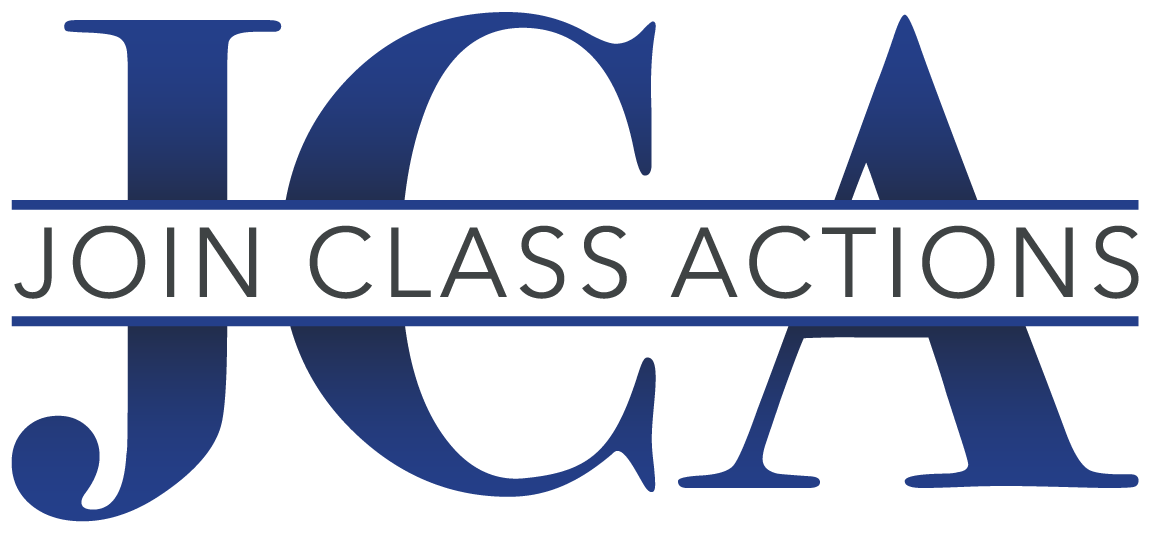Brain injuries are complex and can have severe, long-lasting consequences. Two types that are often misunderstood are anoxic and hypoxic brain injuries. While they share similarities, the causes and impacts of these injuries can be drastically different.
This article sheds light on these brain injury types, clarifying the distinction between anoxic and hypoxic brain injuries, exploring their causes and effects, and providing actionable steps you can take if you are affected. Ultimately, understanding these types of brain injuries is a critical step towards taking appropriate legal actions for medical malpractice, if warranted. Want to learn the difference between anoxic and hypoxic brain injuries? Read on to find out their signs and symptoms.
Understanding Brain Injury Types
In general, brain injuries can be grouped into two categories: traumatic and non-traumatic. Traumatic brain injuries (TBIs) occur as a result of a sudden physical impact to the head or body, such as in an accident or sports injury.
Non-traumatic brain injuries are caused by something other than external force—most commonly, oxygen deprivation (also known as hypoxia). Hypoxia can be further divided into two distinct types: anoxic and hypoxic. Let’s examine these injury types in more detail.
What Is an Anoxic Brain Injury?
Anoxic brain injury, also known as global hypoxia or anoxia, is caused by a complete lack of oxygen reaching the brain. This lack of oxygen can have severe consequences for brain function and overall health. When oxygen is completely depleted from the brain, every second counts — the longer the deprivation continues, the more irreversible damage is done. In some cases, anoxic brain injuries can even be fatal.
Various factors can cause anoxic brain injuries, including drowning, suffocation, or strokes. In cases of medical malpractice, anoxic brain injuries can be caused by anesthesia errors or mistakes in treatment.
Anoxic Brain Injury Symptoms and Effects
Anoxic brain injury often leads to a number of cognitive and physical impairments, including changes in personality, difficulty concentrating and problem-solving, difficulty speaking, coordination problems, memory loss, seizures, reduced mobility, balance issues, paralysis on one side of the body, and more.
What Is a Hypoxic Brain Injury?
This occurs due to insufficient oxygen supply to the brain. Unlike an anoxic injury where the brain is completely deprived of oxygen, in a hypoxic injury, some oxygen still reaches the brain, albeit not enough to maintain normal brain function. This partial deprivation of oxygen can occur due to several reasons, such as choking, high altitudes, smoke inhalation, or complications from general anesthesia. In situations involving medical malpractice, hypoxic brain injuries may arise from negligent post-operative care or improper monitoring of a patient’s oxygen levels.
Hypoxic Brain Injury Symptoms and Effects
Similar to anoxic brain injuries, the symptoms and impacts of hypoxic brain injuries can be devastating. Cognitive deficits, motor dysfunction, mood swings, and memory issues are common. However, the severity of these symptoms can vary widely. It’s crucial to note that every individual’s response to brain injuries is unique, and the recovery process can be long and unpredictable, often requiring extensive rehabilitation and medical care.
Anoxic vs. Hypoxic: The Key Differences
While both anoxic and hypoxic brain injuries stem from a lack of oxygen to the brain, the key difference lies in the degree of deprivation. Anoxic brain injuries involve a total lack of oxygen, leading to more extensive, pervasive damage. Hypoxic brain injuries, however, involve a partial lack of oxygen, which can cause damage that is generally less severe but can still be significant.
Despite these differences, both types of injuries share several similarities. They can both be caused by a range of incidents, including medical negligence and malpractice. Furthermore, they often involve long-term cognitive and physical impairments that may require extensive rehabilitation and support.
Understanding these similarities and differences is vital, as it guides the approach towards medical evaluation, treatment, and potential legal recourse in cases of medical malpractice. It is important to remember that every brain injury is unique and requires individualized assessment and treatment.
Taking Action After a Brain Injury
If a brain injury is particularly severe or results from medical malpractice, it’s important to consider taking legal action. You may be eligible for a compensation claim if you can demonstrate negligence or mistakes by medical professionals. However, the claims process is often complicated and requires comprehensive evidence about the injury and its causes, which is why it’s important to consult a legal professional experienced in medical malpractice cases.
A lawyer who specializes in brain injuries will be able to help you navigate the claims process, identify any possible defendants, and determine an appropriate course of legal action. While the road to recovery can be long and challenging, it’s important to keep in mind that you don’t have to go through this process alone — a reliable lawyer can be a huge source of support throughout the process.
Seeking Justice and Compensation: Legal Support for Brain Injury Cases
Navigating the aftermath of a brain injury can be overwhelming, particularly when it involves legal proceedings. However, taking action can be a crucial part of achieving justice and securing the compensation you need for treatment, rehabilitation, and living expenses.
We at Join Class Actions and Siri & Glimstad LLP understand the gravity of such situations and are committed to providing you with the right resources so that your loved one is adequately taken care of. We understand that most families are unaware of the legal process and don’t know who to turn to, so we are here for you whenever you need us. Contact us today, and let us help you fight for justice and payment following a medication error.
If you or a loved one was a victim of medical malpractice, feel free to connect with Jen Malainy now by filling out this form. Jen Malainy has extensive medical and legal education and experience and has worked within the world-renowned hospital, Cleveland Clinic Foundation (CCF). She is available 24/7 at 440-381-0338.

